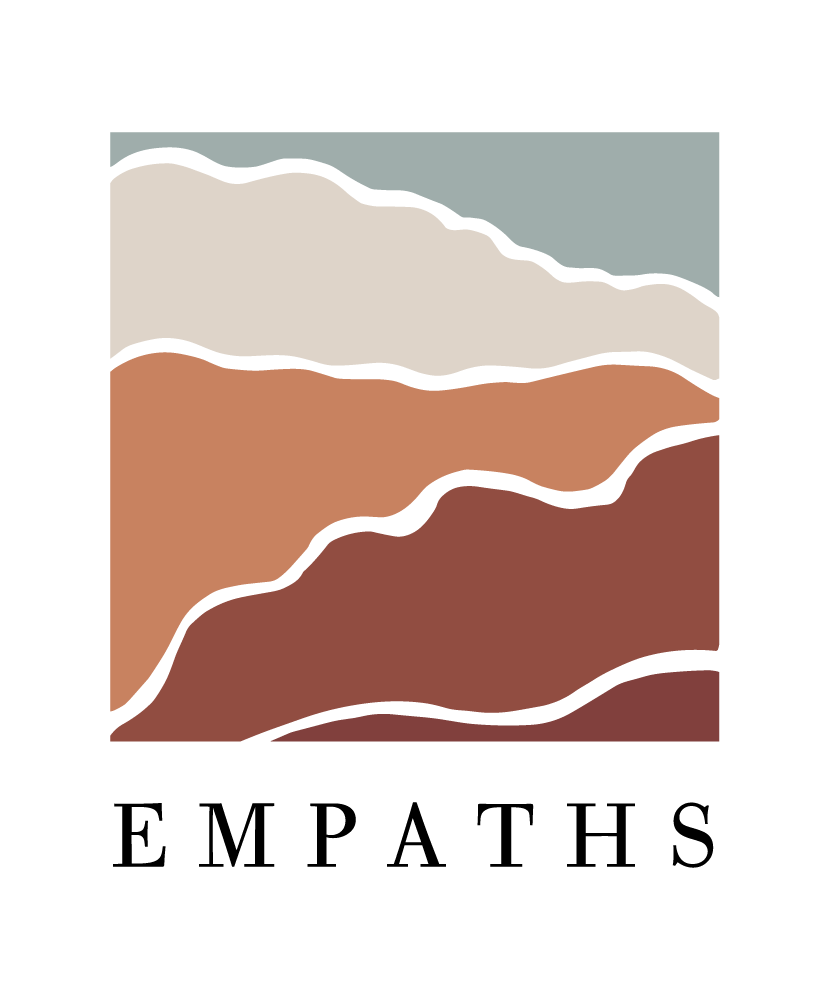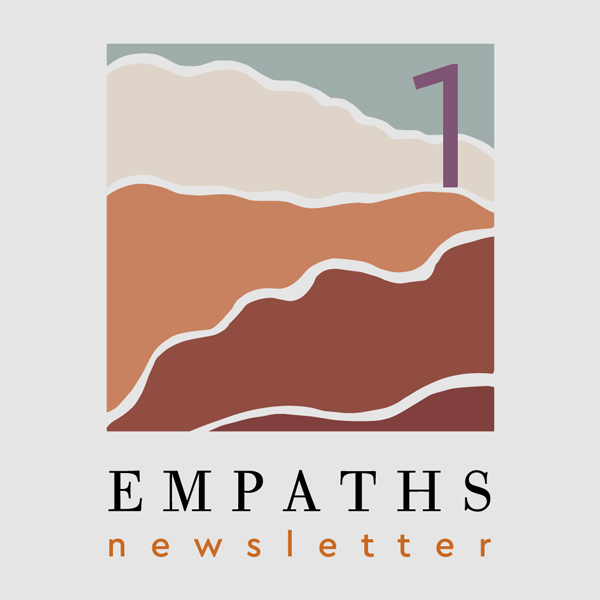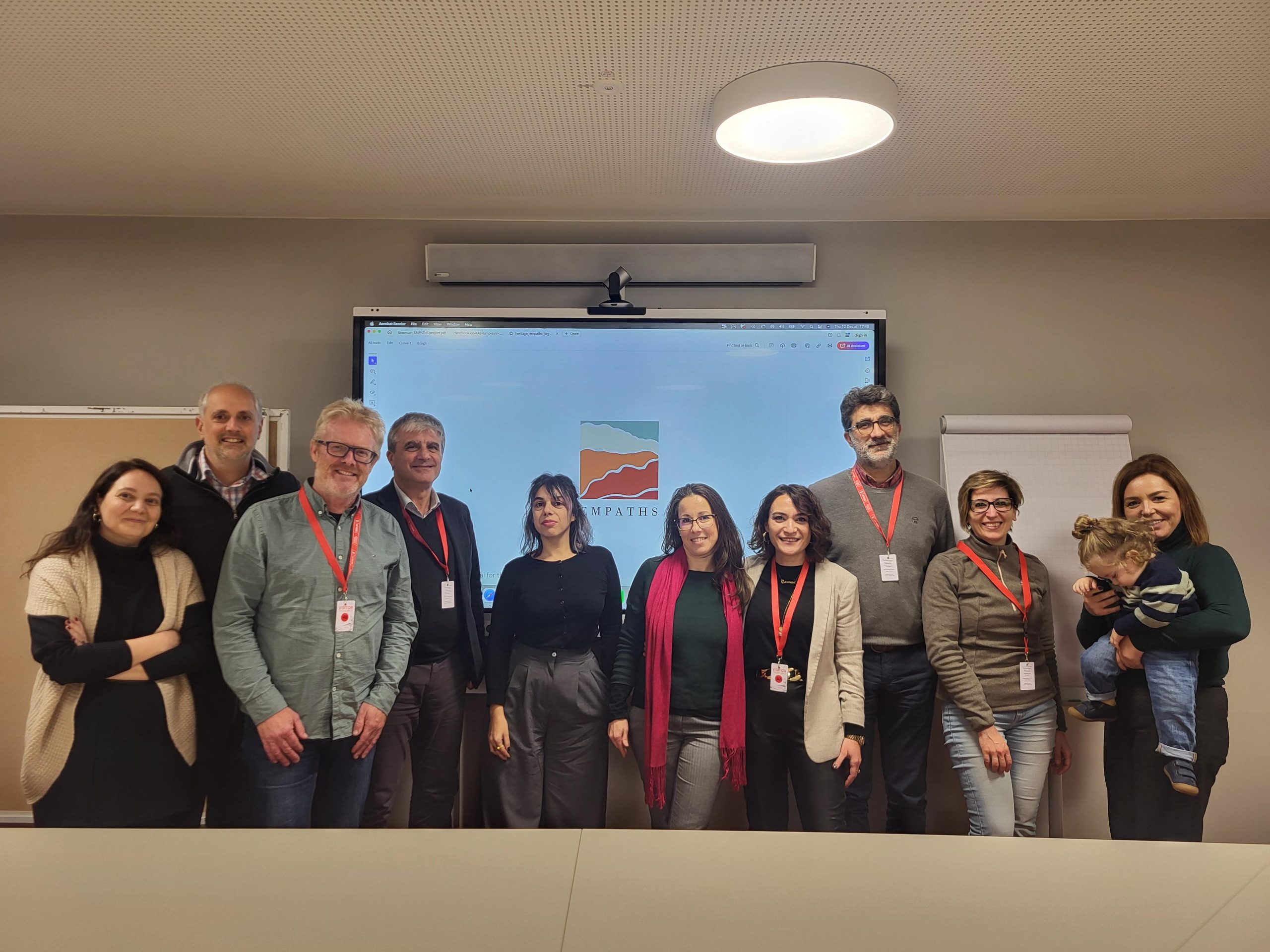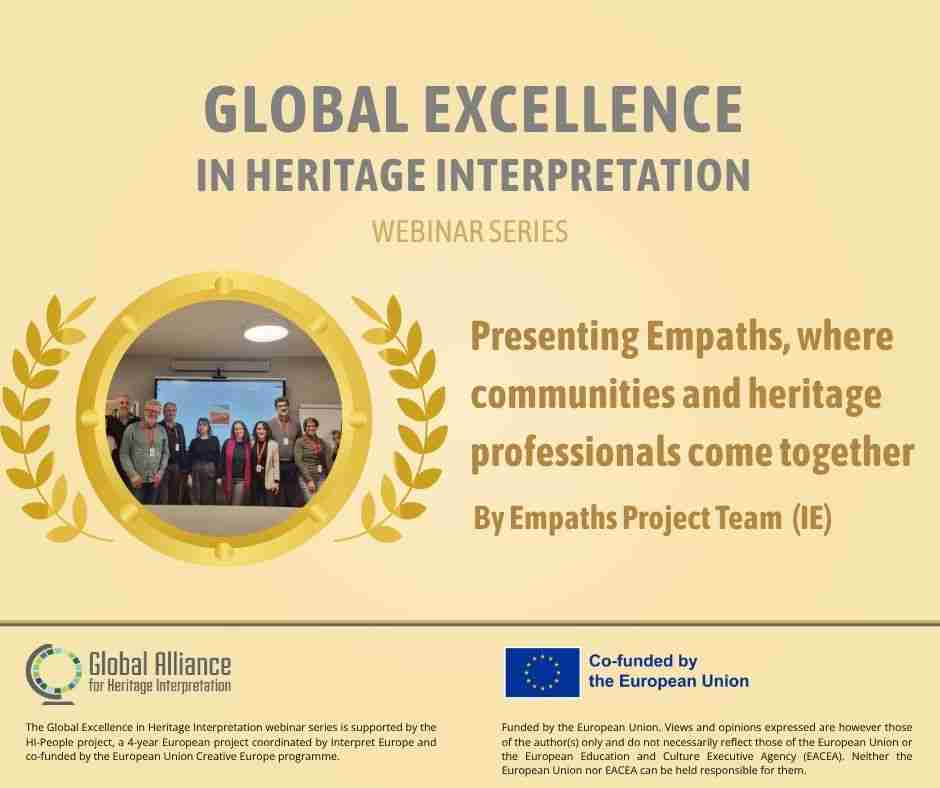The EMPATHS (EMpowering landscapes with Participatory Approaches to Heritage interpretation Skills) project kick-off meeting, held on December 12-13, 2024, in Berlin, marked an essential milestone for this innovative initiative aimed at advancing participatory heritage interpretation (HI). Here’s a summary of the key discussions and outcomes.
Project Background and Initial Progress
The meeting consolidated efforts after preliminary one-on-one and online group meetings, with partners reporting on early activities and aligning their roles and responsibilities. Central to this was the development of foundational documents like the Project Management Handbook, Work plan, and Financial Plan, ensuring clarity in execution and monitoring. These resources not only provide a roadmap but also ensure the project meets the rigorous quality standards required to secure its funding.
Work Package Highlights
- Management and Oversight: IE, the project coordinator, emphasized structured internal reporting and the role of the Project Management Board (PMB), which will meet bi-monthly to address strategic issues such as research timelines and budget adjustments. This structured approach ensures transparency and adaptability, crucial for a project of this scale.
- Evaluation and Risk Management: The IHC team presented an Evaluation and Quality Assurance Plan to gauge project relevance, efficiency, and effectiveness. Meanwhile, PAFLEG’s Risk Management Plan identified key project risks and proposed mitigation strategies, stressing the importance of timely communication and detailed case studies. The inclusion of unforeseen risks, such as potential pandemics, reflects the project’s adaptive foresight.
- Baseline Analysis and Participatory Practices: Initial findings from WP2.1 revealed that most participatory practices in heritage interpretation currently operate at minimal engagement levels (placation or tokenism). This underscores the need for methods empowering local communities and professionals to foster deeper involvement. Recommendations include moderate group sizes, diverse participation, and engaging community leaders. These insights lay the groundwork for a more inclusive approach to heritage interpretation.
Communication and Visual Identity
Key communication milestones included selecting the project’s visual identity, a logo featuring interlocking hillsides symbolizing connection and collaboration, and planning a “light” website with core information about the initiative. Social media strategies will leverage platforms like Facebook, Instagram, and LinkedIn to engage audiences and amplify the project’s impact through campaigns and regular updates. These tools will ensure that EMPATHS maintains a dynamic presence while reaching diverse stakeholders across sectors.
Upcoming Tasks and Action Plans
Looking forward, partners outlined significant activities:
- Conducting intra- and cross-sectoral interviews with heritage and non-heritage professionals to refine participatory HI methodologies. These interviews will explore innovative practices and philosophies, aiming to create a flexible yet impactful framework for the sector.
- Developing a Skills Manifesto by April 2025 and a comprehensive training curriculum by October 2025. These will guide future training participants in mastering inclusive and co-creative interpretive skills. The curriculum will emphasize practical and theoretical components, from creative writing to audience engagement.
- Organizing “speed date” sessions with heritage professionals to align training content with industry needs and preferences. These lively, focused interactions aim to gather actionable feedback and inspire innovative ideas.
Final Reflections
Participants acknowledged the tight timeline, further compressed by initial delays. However, they committed to prioritizing quality outputs over strict deadlines. The first PMB meeting in February 2025 will address potential timeline adjustments to ensure meaningful outcomes. This flexibility reflects the partners’ shared ambition to influence policy and practice within the heritage sector effectively.
The EMPATHS project’s dedication to participatory approaches in heritage interpretation promises transformative impacts for both heritage professionals and local communities, fostering inclusivity, co-creation, and sustainability in the heritage sector. By empowering diverse voices and embracing innovative methodologies, EMPATHS aims to redefine how heritage stories are told and experienced, creating lasting connections between people and places.








